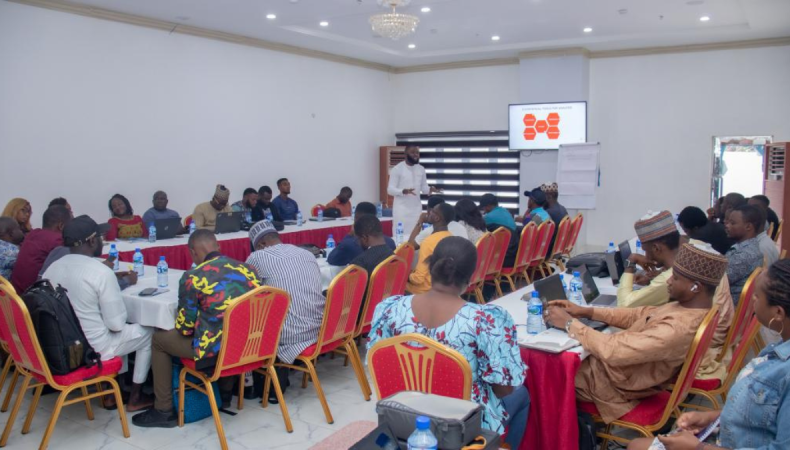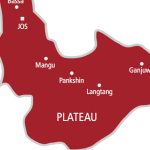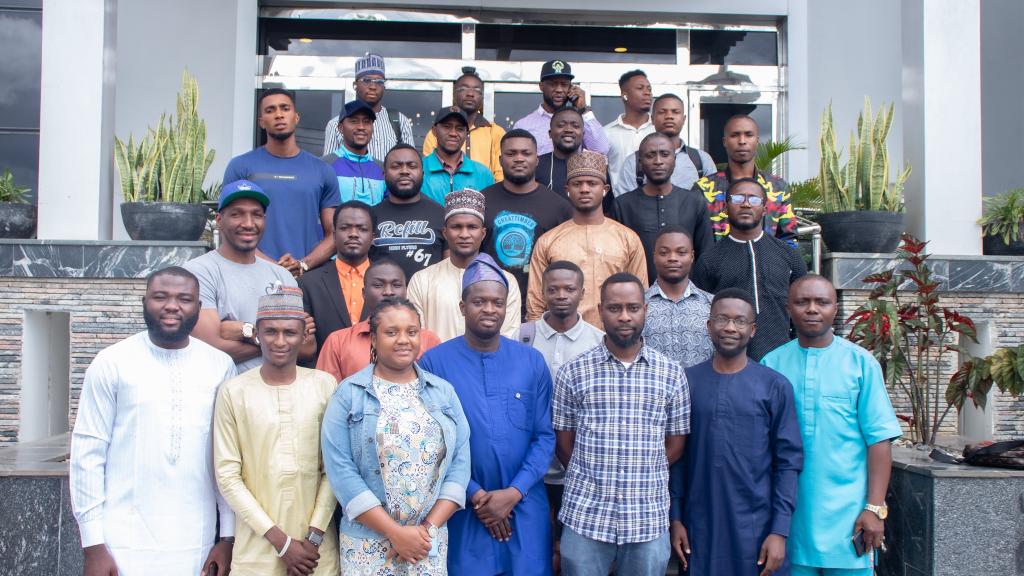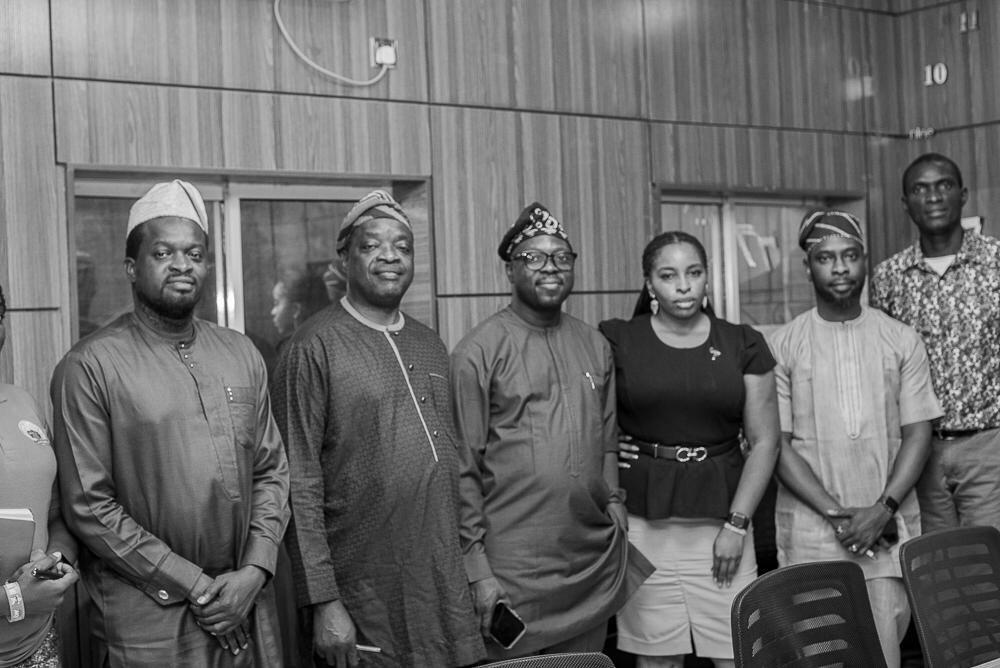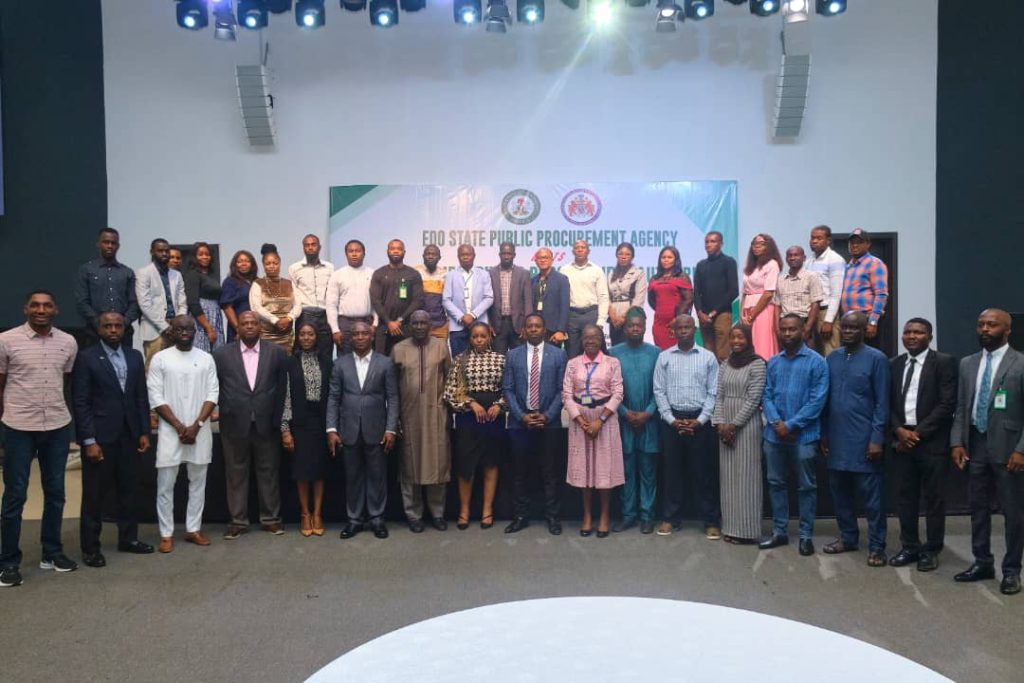Dataphyte has completed 4-day training support to Accountability Lab in enhancing Plateau state’s procurement procedure. The support is being offered as part of the organization’s dedication to providing stakeholders, such as the media, members of civil society, and change agents, with the information and tools they need to understand and utilize contract data in order to demand transparency and accountability in public procurement.
The training, which took place from October 4–7, 2022, in Jos, the capital of the Plateau state, was designed to equip tech entrepreneurs and community leaders with the knowledge and skills they need to identify areas where the Plateau state bureau of public procurement’s transparency and accountability procedures need to be strengthened. 46 people attended the training, including 25 technopreneurs, 16 representatives of media organizations and 5 representatives of CSOs.
Dataphyte was able to provide this support by drawing from its experience mobilizing subnational contract data for efficient service delivery in the states of Edo, Jigawa, and Ebonyi, where it worked with the demand and supply sides of the government to increase citizens’ capacity to use data to hold the government accountable and guarantee efficient service delivery for abandoned projects.
As a result of the federal, state, and local governments joining open government partnerships and gradually committing to budget and contract transparency, there is a growing volume of contract data and documents based on the common data model that must be analyzed in order to make significant progress toward safeguarding taxpayer funds and generating millions in savings at all levels – federal, state, and city.
In order to demand accountability and transparency in public procurement, Charles Mbah, the Program Manager at Dataphyte, taught the delegates how to access and analyze contract data as well as contemporary civic technology platforms.
He asked the in-attendance technopreneurs to use cutting-edge technology to fill in the holes in the Plateau state procurement system and build up governments’ capabilities to make sure that taxpayer’s money are used effectively and is not lost to fraud, waste, and abuse.
According to him, “there are several opportunities for fraud to be performed during the procurement process. However, individuals can keep up with the increasing corruption tactics by leveraging blockchain, deep analytics, and other technology that can keep them one step ahead and stop the theft of taxpayers’ money.”
To increase the audience for public procurement reporting and give everyday citizens the opportunity to actively participate in the call for transparency and accountability, he urged reporters and civil society organizations to use broadcast media and local languages to tell the story of the government’s mismanagement of funds.
The training also included a hackathon session where participants were asked to submit alternative concepts that could enhance the Plateau state procurement process. The finest suggestions from the techpreneur and journalist groups received praise and were given support to put their ideas into action.
Participants were ecstatic to be a part of the program and could not contain their excitement about how it will benefit them in the future with their work.
According to Mohammed Bayero, a tech expert, “the facilitators have done justice to explaining and making us to understand how the procurement processes work and how they can integrate technology into the procurement process to make the state achieve its aim of transparency and accountability.”
Aliyu Patience, a Media Practitioner, noted that “the training has equipped her with the skill and knowledge required to query processes and procedures in the procurement process.”
Steve Aluko, a member of CSO, said “Some of us have been working in some of these areas but this training but this training has been able to bring out the critical aspect that we need either to minimise corruption or to make sure that we constructively engage with the government for effective service delivery in the state.”
According to the Director of Plateau state BPP, Bilda Peter Dogo, “based on the level of training and the tools given to participants, the Bureau will be able to interact better with citizens to ensure effective service delivery.”
Source: Dataphyte
Last modified: December 9, 2022

